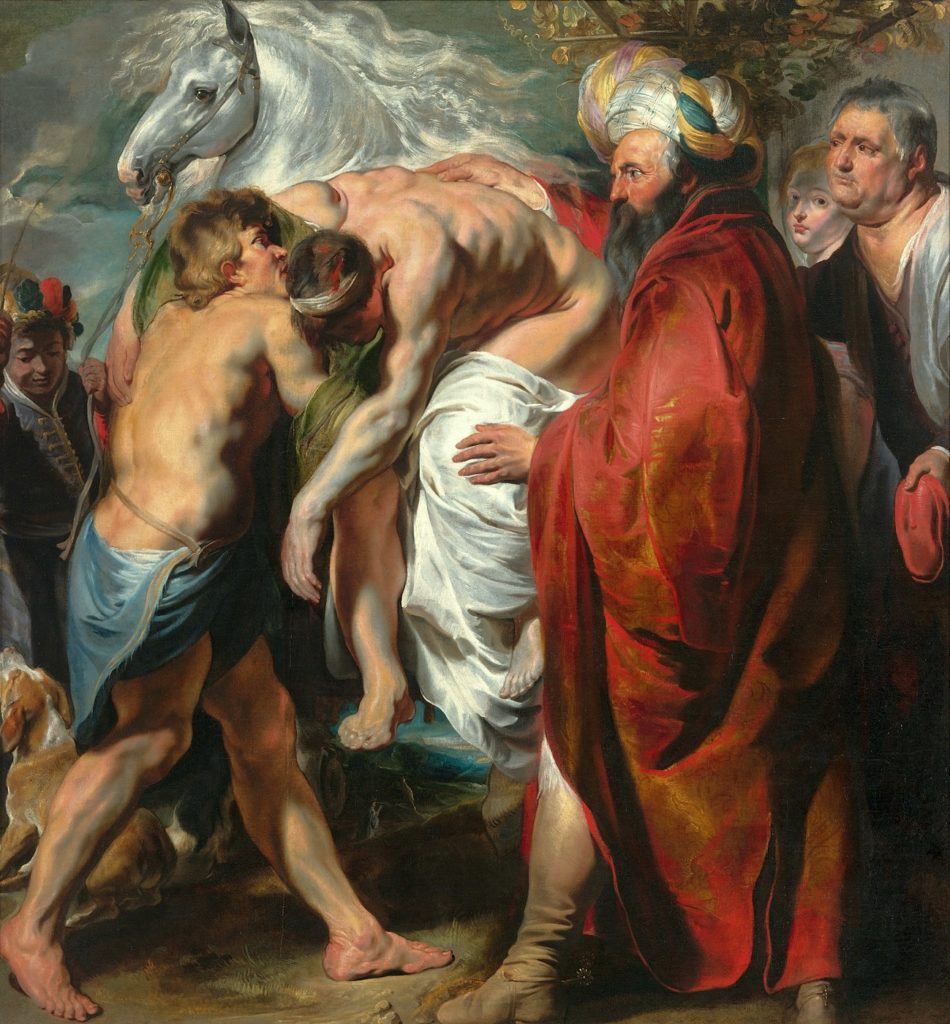January 30, 2022 Essay: Preparing for the Moral Life: Vulnerability, Recognition and Conscience

Years ago, I became worried about teaching courses in ethics. It seemed to me that we were designing courses as if students just needed a number of instructions. I began to see that we were presuming that everyone has a conscience, so all students need is instruction to guide and form their consciences.
Now I am beginning to think that they need something before conscience. I say this because I see some students who are responsive to the need for moral assistance, but others are not. If all have consciences and all take the same courses, why do some respond to the need for moral assistance and others do not?
Failing to respond in the first place seems to be the predominant failure in human history. At least it appears that way in the Bible. People do not fail having responded; rather, they fail beforehand: they fail to bother, to respond in the first place. The priest and Levite pass by the man on the road in Luke 10.30-37; the goats do not respond to the hungry and the naked in Matthew 25.31-46; and the rich man steps over Lazarus in Luke 16.19-31. None of them respond.
Is there something that starts the ball rolling? Is there something about ethical formation that precedes a conscientious response? Is there something we are not forming that eventually gets one to act?
I propose that in order to act out of conscience one needs to be vulnerable and from that vulnerability, needs to be able to recognize the neighbor. Vulnerability and recognition precede any conscience act. My presentation is then an engagement of these two topics.
Like many others, when I first thought of vulnerability, I considered it singularly as being wounded, as primarily a condition that raises alarm and concern. From the writings of Judith Butler, among others, I began to see vulnerability as being capacious, as being by nature disposed to respond.
When I recognized that the word “vulnerable” does not mean having been wounded, but rather being able to be wounded, then I began to see how it means being exposed to the other; in this sense vulnerability is the human condition that allows me to hear, encounter, receive, or respond to the other even to the point of being injured. Being human is being vulnerable.
The question of people being in unstable situations of need is the question of precarity. Being vulnerable should not be reduced to being precarious. In my paper I will discuss how the two concepts play out in the Good Samaritan Parable and the Parable of the Prodigal Son. Indeed, in this way, we will see the centrality of both the Samaritan and the Prodigal’s Father as the vulnerable center of the parables.
Similarly, we will see that we are vulnerable because God is vulnerable. God reveals to us God’s self as vulnerable by the birth of Jesus in Bethlehem, his life in Nazareth, and his death on Golgotha. Thus, to be made in God’s image is to made vulnerable. Our dignity is rooted in God’s vulnerability.
For recognition, I first turn to the psychoanalyst and feminist theorist Jessica Benjamin, who reflects on mutual recognition among infants, where an infant finally encounters another that seems much like itself and yet, not. Benjamin writes, “Mutual recognition is the most vulnerable point in the process of differentiation.” She adds, “In mutual recognition, the subject accepts the premise that others are separate but nonetheless share like feelings and intentions.”
I turn to how the call to recognition plays out today socially, in Black Lives Matter, in #MeToo, and in a variety of ways as the first step toward ethical engagement.
In light of these insights into vulnerability and recognition, we can finally turn to conscience.
– Rev. James F. Keenan, S.J.
Join us on Monday, January 31st at 7 PM for the Zoom webinar Preparing for the Moral Life: Vulnerability, Recognition and Conscience, presented by Fr. Keenan.
For more information and to register, please click here.
